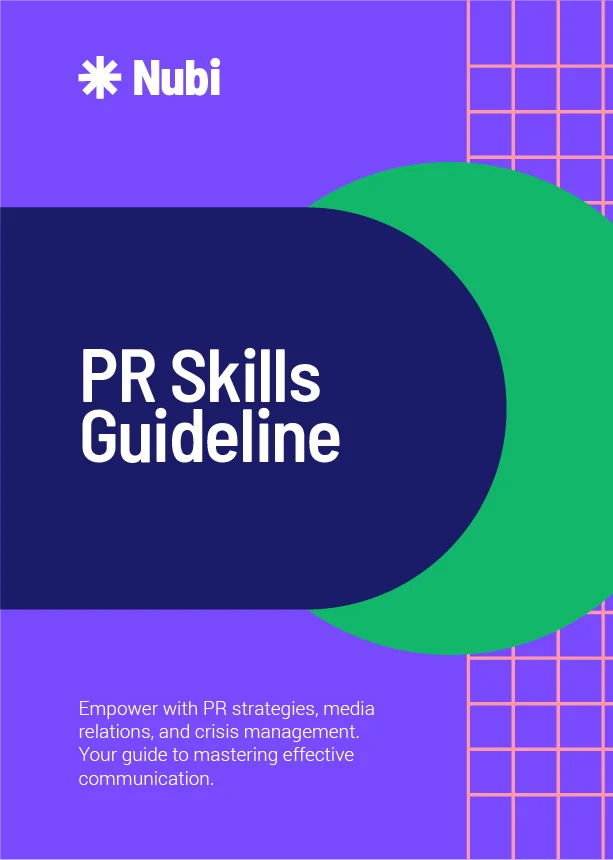12 Generative AI Tools for Interview Preparation
Top Generative AI Tools for Interview Prep
Generative AI tools can help you practice interviews, get personalized feedback, and research companies and trends so you can tailor your answers and show up prepared. Use them to identify strengths and gaps, rehearse different formats, and build confidence. Combine these tools with human practice and company research for the best results.
Microsoft Copilot
Use Copilot to research industries and companies, draft role-specific answers, and brainstorm thoughtful questions based on a job description.
- Pros: integrates with Microsoft apps and helps structure responses
- Cons: may feel generic for niche roles and is not a full mock-interview simulator
Final Round AI
Provides an Interview Copilot for real-time prompts during virtual interviews plus mock interviews and prep workflows.
- Pros: real-time assistance and multiple prep tools in one place
- Cons: ethical concerns for live assistance and adaptability may vary by role
VMock
Commonly offered through universities. Uses AI to score resumes and elevator pitches and often includes mock interview practice with feedback.
- Pros: quick, structured feedback and strong resume alignment
- Cons: often requires institutional access and focuses more on resume and pitch
InterviewAI
Simulates interviews across formats such as behavioral, technical, and case and provides detailed feedback on your responses.
- Pros: realistic practice environment and targeted feedback
- Cons: simulations can feel scripted and may not capture in-person spontaneity
ResumeLab
Analyzes your resume and offers interview prep tips based on your background and target roles. Can be paired with coaching.
- Pros: tailored suggestions rooted in your experience
- Cons: value depends on resume quality and some features are paid
iMocha
Formerly Interview Mocha. Offers extensive question banks and skill assessments to rehearse domain knowledge and technical topics.
- Pros: broad library across roles and immediate insights
- Cons: feedback can feel general and works best with reliable connectivity
Karat
Focuses on technical interview practice and assessments for software roles with realistic coding challenges and structured evaluations.
- Pros: strong signal for algorithms and system design practice
- Cons: less suited for nontechnical or soft-skill-heavy roles
InterviewBuddy
AI-supported mock interviews with video practice, scoring, and human coaching options to refine presence and delivery.
- Pros: video format practice and actionable scoring
- Cons: scoring strictness can feel discouraging to some users
Prepster
Mobile-friendly preparation with flashcards, timed practice, and AI-enhanced study features for quick daily reps.
- Pros: convenient on-the-go practice and simple drills
- Cons: smaller question sets and lighter feedback depth
Interview Success
Blends AI-supported prep and one-to-one coaching so you can refine storytelling, leadership narratives, and delivery with expert guidance.
- Pros: human nuance plus structured AI practice
- Cons: premium pricing and outcomes vary by coach
HireVue
Widely used by employers for video interviews. Practicing in a HireVue-like environment helps you get comfortable with virtual presence and pacing.
- Pros: realistic video interview experience
- Cons: automated assessments can miss nonverbal nuance
Jobscan
Compares your resume to a job description and surfaces prioritized keywords and skills to emphasize during interviews.
- Pros: clarifies what to highlight in answers
- Cons: depends on accurate job descriptions and does not script answers
Putting It All Together
Start with resume alignment using VMock and Jobscan. Research and draft answers with Microsoft Copilot. Rehearse delivery with InterviewAI, InterviewBuddy, iMocha, or Karat depending on your role. For high-stakes conversations, add a human coach via Interview Success. Balance AI practice with live mock interviews and deep company research so your delivery stays authentic and adaptable.
